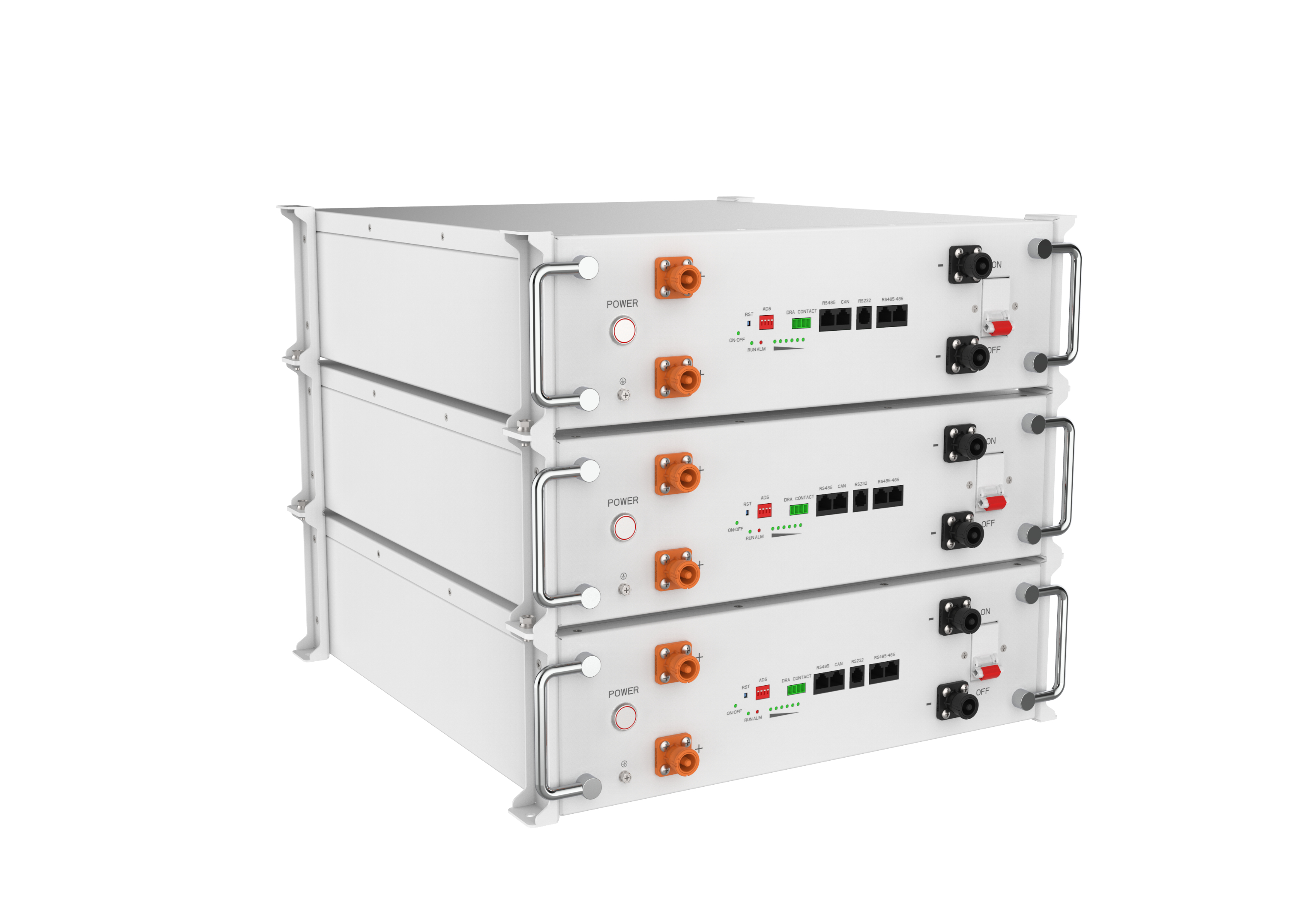The Revolutionary Powerhouse: Lithium Ion Battery and Its Lifepo4 Variant

In today's fast-paced world, the demand for clean and sustainable energy sources has never been higher. As we strive to reduce our carbon footprint and combat climate change, the development of new energy technologies becomes crucial. Among these, the Lithium Ion Battery and its Lifepo4 variant have emerged as game-changers in the field of energy storage. In this article, we will explore the fascinating world of these batteries, their benefits, and their impact on the future of renewable energy. 1. Understanding Lithium Ion Battery: The Lithium Ion Battery, often referred to as Li-ion Battery, is a rechargeable energy storage device that utilizes lithium ions to store and release electrical energy. Its design involves a positive electrode (cathode), a negative electrode (anode), and an electrolyte. Li-ion batteries have gained significant popularity due to their high energy density, lightweight, and long cycle life. 2. Advantages of Lithium Ion Battery: a) High Energy Density: Lithium Ion Batteries offer one of the highest energy densities among rechargeable batteries. This means they can store more energy, making them suitable for various applications, including electric vehicles and portable electronics. b) Lightweight: Compared to other battery technologies, Li-ion batteries are significantly lighter, making them ideal for portable devices where weight is a crucial factor. c) Long Cycle Life: Lithium Ion Batteries have a longer lifespan compared to traditional lead-acid batteries, enabling them to be used for several years before replacement. d) Low Self-discharge Rate: Li-ion batteries have a lower self-discharge rate, meaning they retain their charge for longer periods. This feature makes them suitable for applications where long-term energy storage is required. 3. Introducing Lifepo4 Battery: Lifepo4 Battery, standing for Lithium Iron Phosphate Battery, is a variant of the Lithium Ion Battery. It offers several unique advantages, making it a promising choice for the future: a) Enhanced Safety: Lifepo4 batteries are known for their excellent thermal stability and chemical stability, reducing the risk of thermal runaway or fire accidents. b) High Cycle Life: Lifepo4 batteries can withstand a higher number of charge-discharge cycles compared to traditional Li-ion batteries, making them more durable and cost-effective over the long run. c) Environmentally Friendly: Lifepo4 batteries do not contain harmful heavy metals such as lead or mercury, making them more environmentally friendly and easier to recycle. 4. Applications and Future Prospects: The applications of Lithium Ion Batteries and Lifepo4 batteries are vast and expanding rapidly. From powering electric vehicles to storing energy from renewable sources like solar and wind, these batteries are playing a vital role in transforming the energy landscape. As technology continues to advance, we can expect further improvements in battery performance, cost reduction, and increased adoption of these energy storage solutions.
The Lithium Ion Battery and its Lifepo4 variant have revolutionized the field of energy storage. With their high energy density, lightweight design, and long cycle life, they have become indispensable in various applications, contributing to the growth of renewable energy. As we continue to explore and invest in these technologies, we move closer to a future powered by clean and sustainable energy sources.


